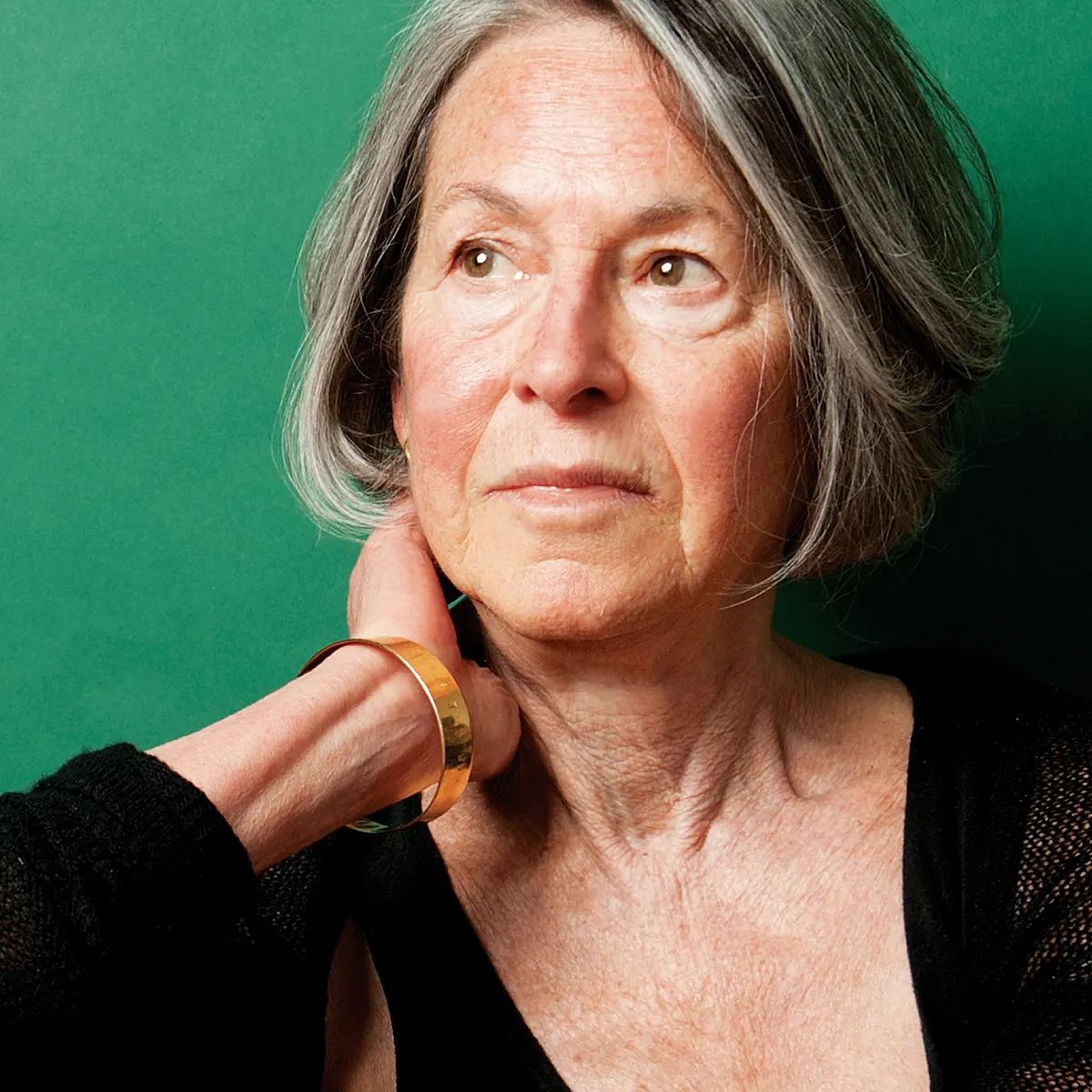The great thing
is not having
a mind. Feelings:
oh, I have those; they
govern me. I have
a lord in heaven
called the sun, and open
for him, showing him
the fire of my own heart, fire
like his presence.
What could such glory be
if not a heart? Oh my brothers and sisters,
were you like me once, long ago,
before you were human? Did you
permit yourselves
to open once, who would never
open again? Because in truth
I am speaking now
the way you do. I speak
because I am shattered.
Published:
1992
Length:
Shorty
Literary Movements:
Contemporary
Anthology Years:
Themes:
Faith & Hope
Nature
Literary Devices:
Apostrophe
an exclamatory passage in a speech or poem addressed to a person (typically one who is dead or absent) or thing (typically one that is personified)
Rhetorical Question
a question asked for effect, not necessarily to be answered
Simile
a comparison between two unlike things using the words “like” or “as”

